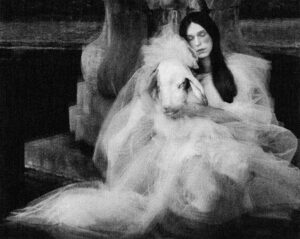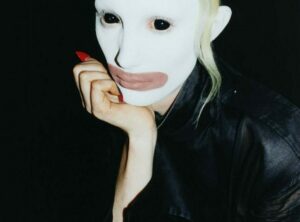
Silence in a Loud Industry: The Rise of Anonymous Fashion
In a fashion landscape dominated by celebrity designers, influencer endorsements, and viral campaigns, silence has become a radical gesture. The rise of anonymous fashion, designers who reject the cult of personality, challenges the assumption that identity must be branded to be valuable. In this quiet resistance, the garment, not the creator, takes center stage.
This return to anonymity is not without precedent. Martin Margiela, arguably the high priest of fashion anonymity, set the tone decades ago by refusing interviews, obscuring models’ faces, and never appearing on stage after a show. In today’s saturated media climate, that philosophy has re-emerged with new urgency, resonating deeply with an industry that often confuses visibility with value.
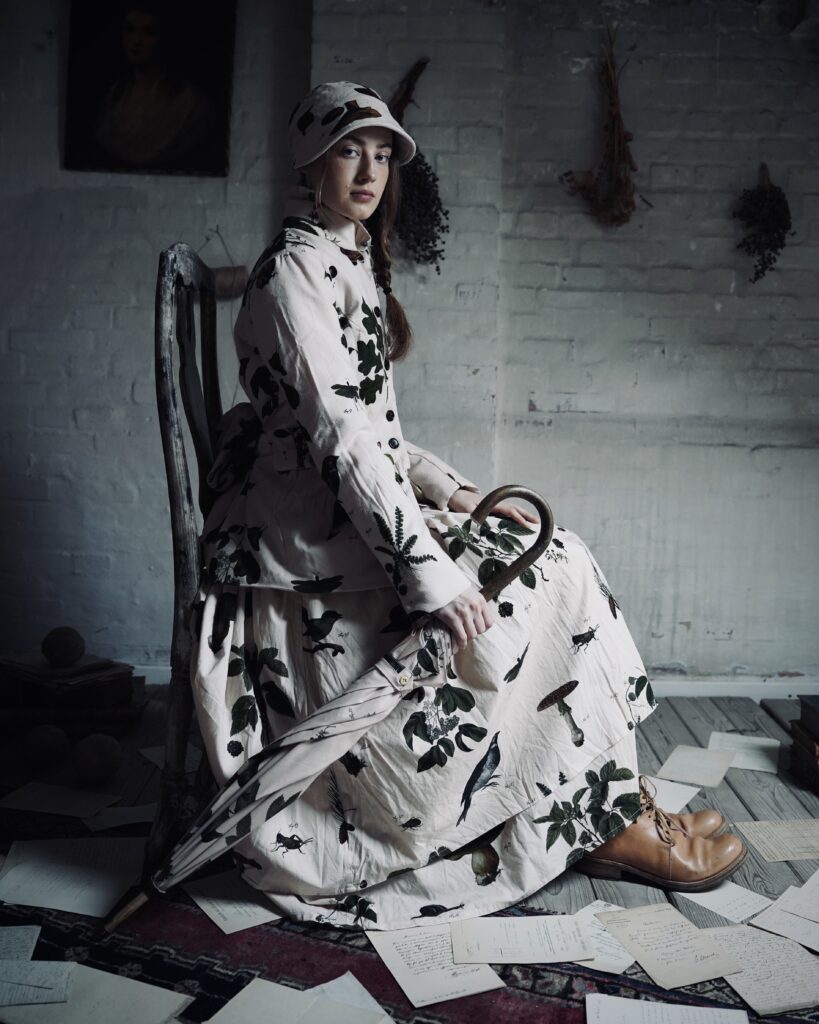
Aleksander Manamis – AW2025
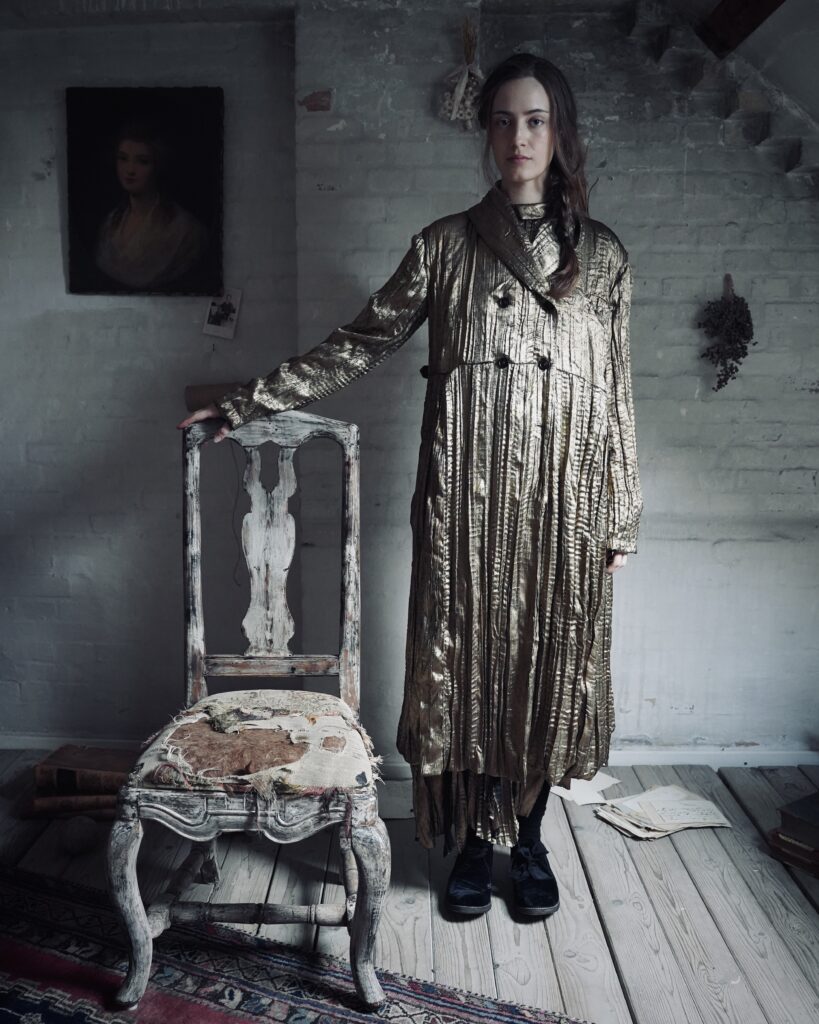
Aleksander Manamis – AW2025
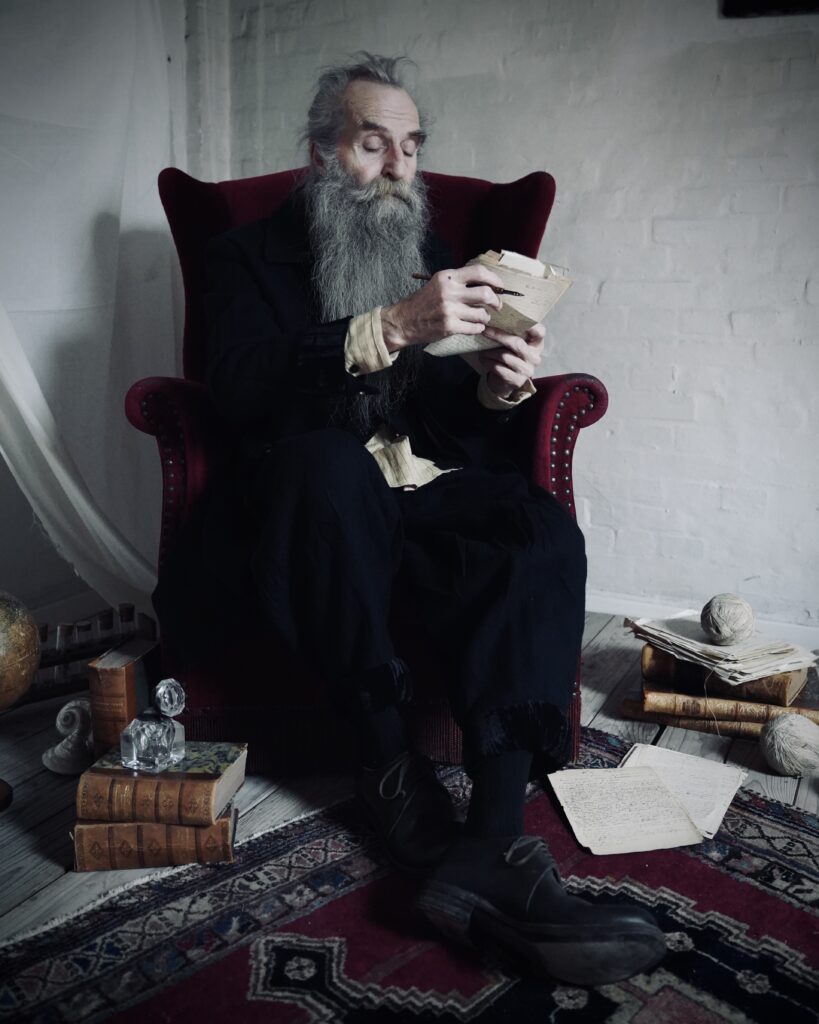
Aleksander Manamis – AW2025
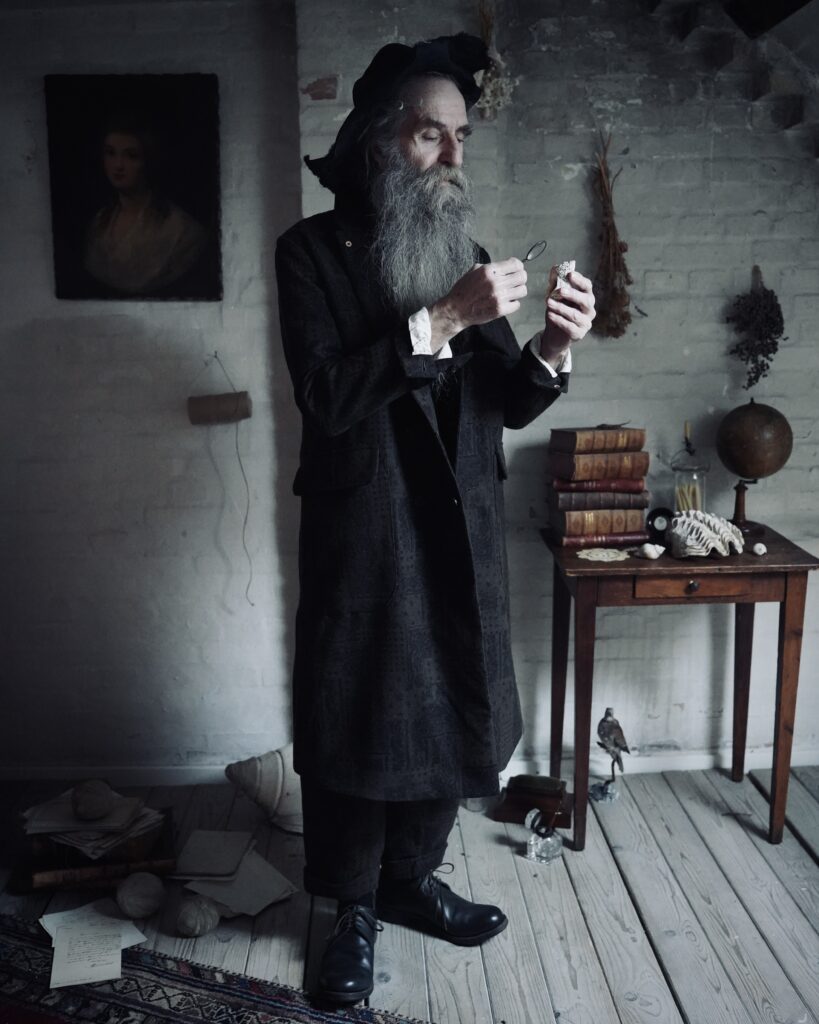
Aleksander Manamis – AW2025
The Copenhagen-based label Aleksandr Manamïs exemplifies this ethos. With no designer publicly attached, the label produces emotionally rich, androgynous garments that rely solely on texture, palette, and mood. Washed greys, ghostly blacks, and soft tailoring evoke a silent narrative, one that does not require explanation. In a world obsessed with the who and the why, Manamïs asks us to focus on the what.
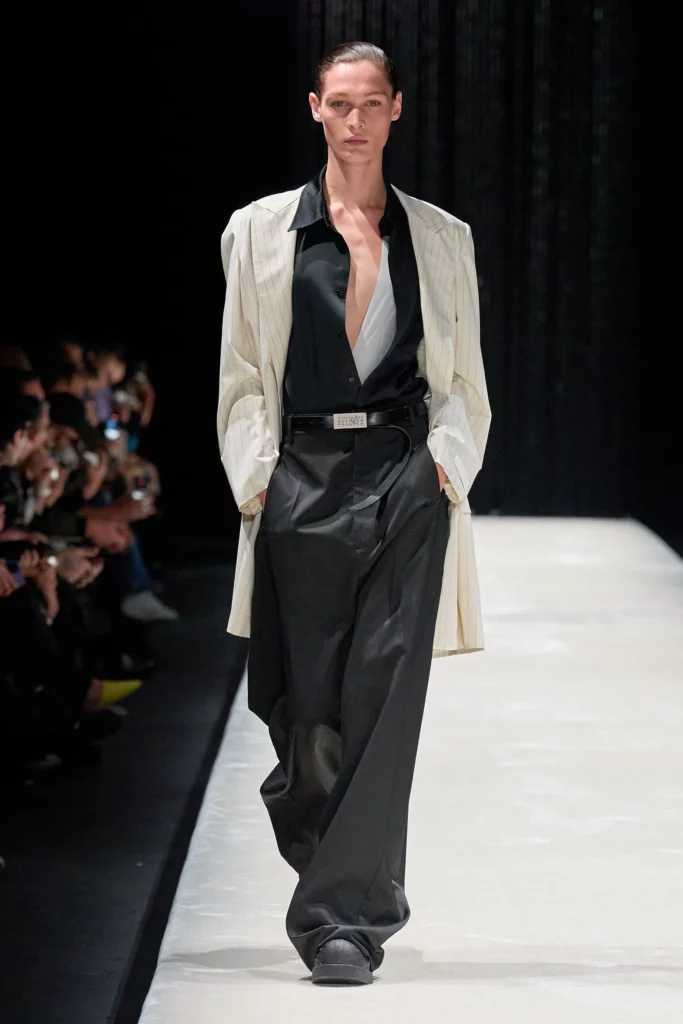
MM6 Maison Margiela SS24
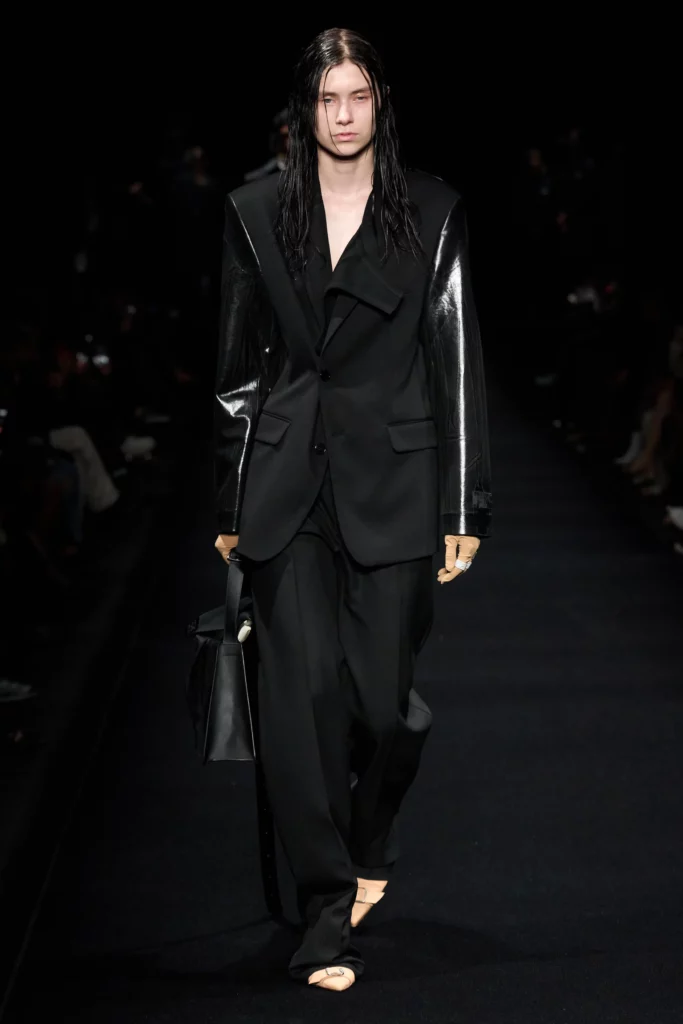
MM6 Maison Margiela SS24
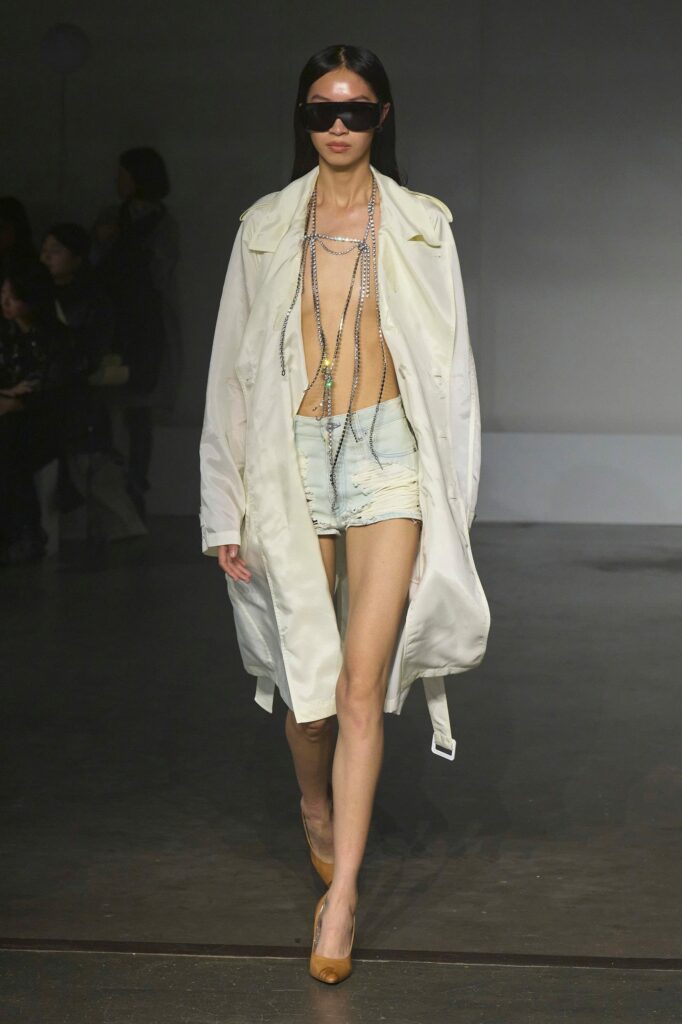
MM6 Maison Margiela SS24
Similarly, MM6, the diffusion line of Maison Margiela, continues to uphold the legacy of creative anonymity. The brand releases collections with no named head designer, instead framing the work as a collective act. This refusal to participate in designer-as-celebrity culture allows the clothing to retain a kind of purity, immune to the gossip and glamour that usually surround a label.
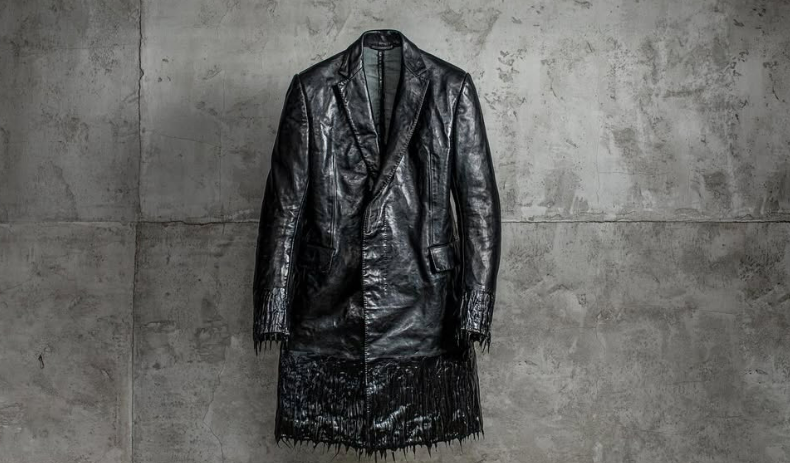
Carol Christian Poell LM_2638R CORS-Ptc_010 @room_ccp
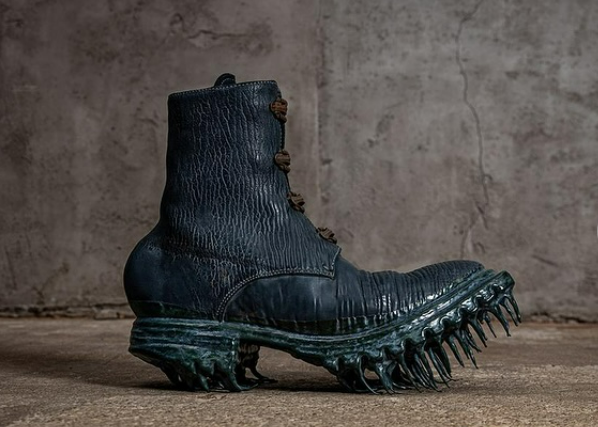
Carol Christian Poell AM_2759SP-IN CUBS-PTC_29 via @room_ccp
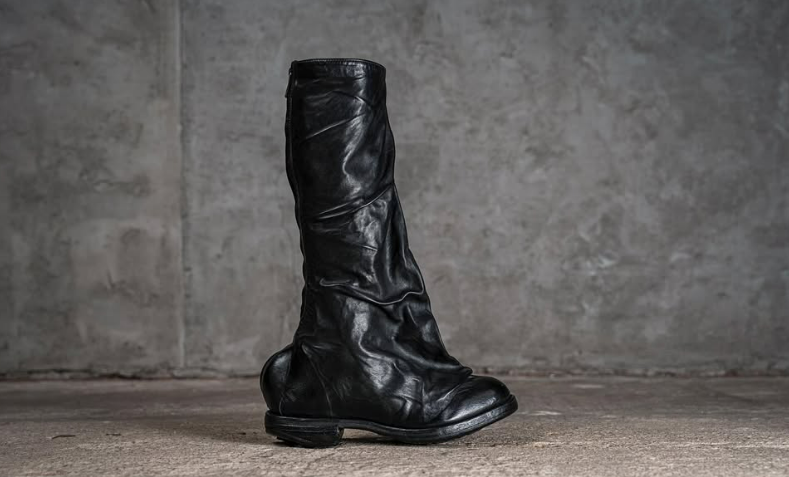
Carol Christian Poell AF_10761P-IN ROOMS-PTC_010 @room_ccp
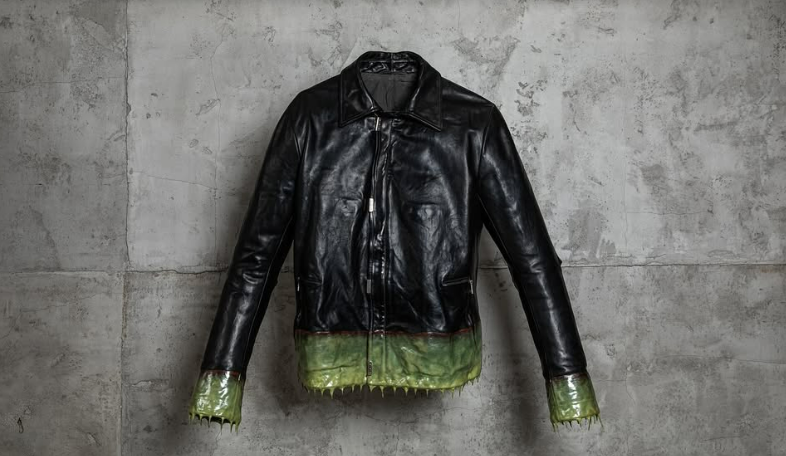
Carol Christian Poell LM_2498R CORS-PTC_010 @room_ccp
Carol Christian Poell takes anonymity to a conceptual extreme. He rarely grants interviews, avoids fashion weeks, and releases collections outside the traditional schedule. His garments are constructed with surgical precision and often use unconventional materials like horse leather or aluminum to embody an anti-system philosophy. Retailers and buyers often struggle with his opacity, yet his cult following thrives precisely because the clothes exist in tension with the fashion industry’s norms.
This choice of anonymity subverts the marketing ecosystem at its core. Traditional fashion relies on persona-driven narratives to generate loyalty and media buzz. An anonymous designer disrupts this equation, introducing risk for retailers and uncertainty for consumers. Without a face to sell or a voice to follow, the garment must speak unaided. For some, this is alienating. For others, it is liberating, a rare chance to engage with fashion in its purest form, unmediated by fame.
Anonymity in fashion does more than mystify. It destabilizes the power structures that elevate the individual above the collective. It also returns fashion to its sensory roots (cut, cloth, form) rather than identity, branding, and fame. In an era of oversharing, anonymity reclaims a kind of privacy that feels almost sacred. It invites the viewer to engage without the distraction of personality.
But this silence is not without complexity. Anonymity requires depth. If there is no public narrative or personality driving the brand, the clothes must carry meaning on their own. It is a higher bar that not all labels can meet. Worse, some use anonymity as an aesthetic gimmick rather than a serious philosophical position.
Still, for designers like Manamïs, Poell, and the stewards of MM6, the absence is powerful. It shifts attention from spectacle to substance. In their hands, anonymity becomes a statement louder than any front-row guest list or backstage interview. It is a refusal. And in today’s noisy industry, that refusal feels revolutionary.
Ultimately, anonymous fashion is not about disappearing, it is about decentering. It asks the fashion world to reconsider its hierarchy of value. It argues that the garment can speak for itself. In doing so, it allows fashion to reconnect with its essence: expression through form, not fame.
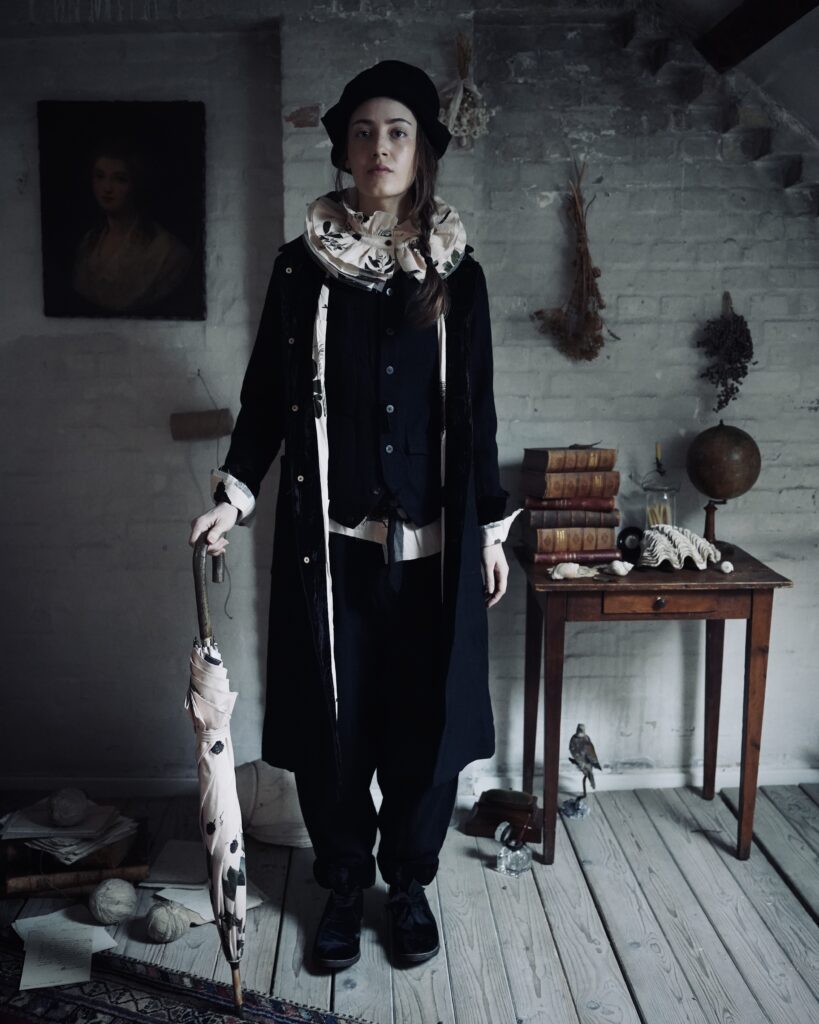
Aleksander Manamis – AW2025

Aleksander Manamis – AW2025
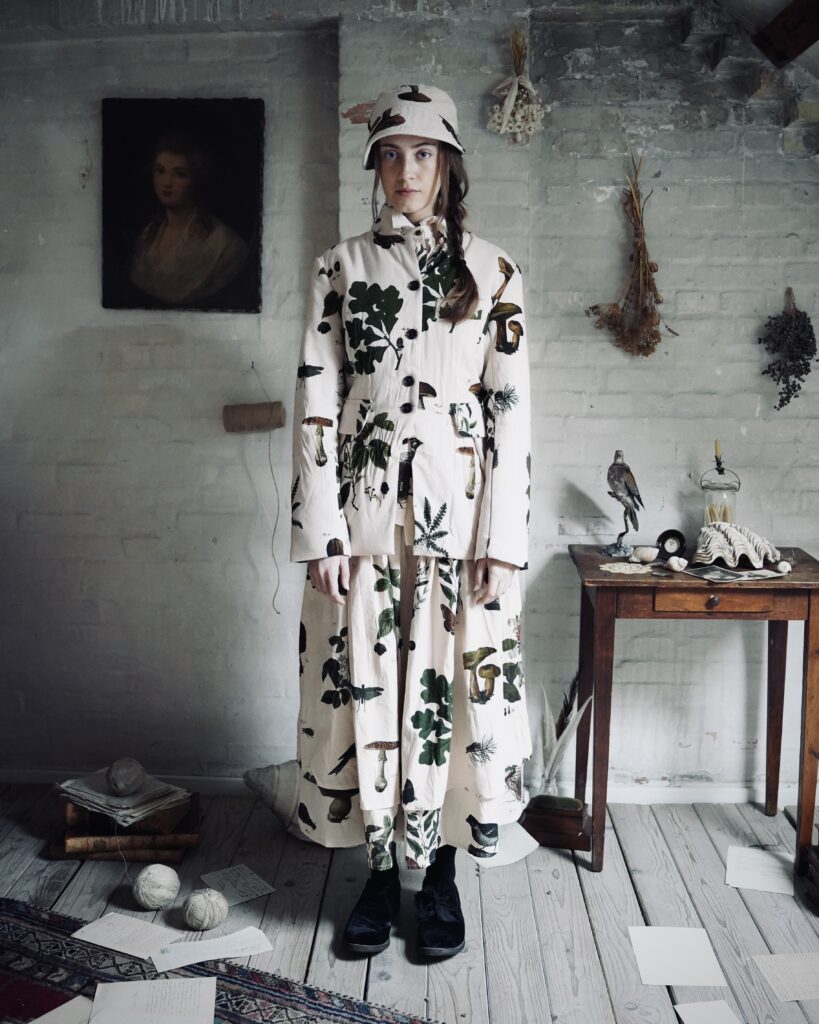
Aleksander Manamis – AW2025
Credits
Written by Daria Slikker @daria.18
